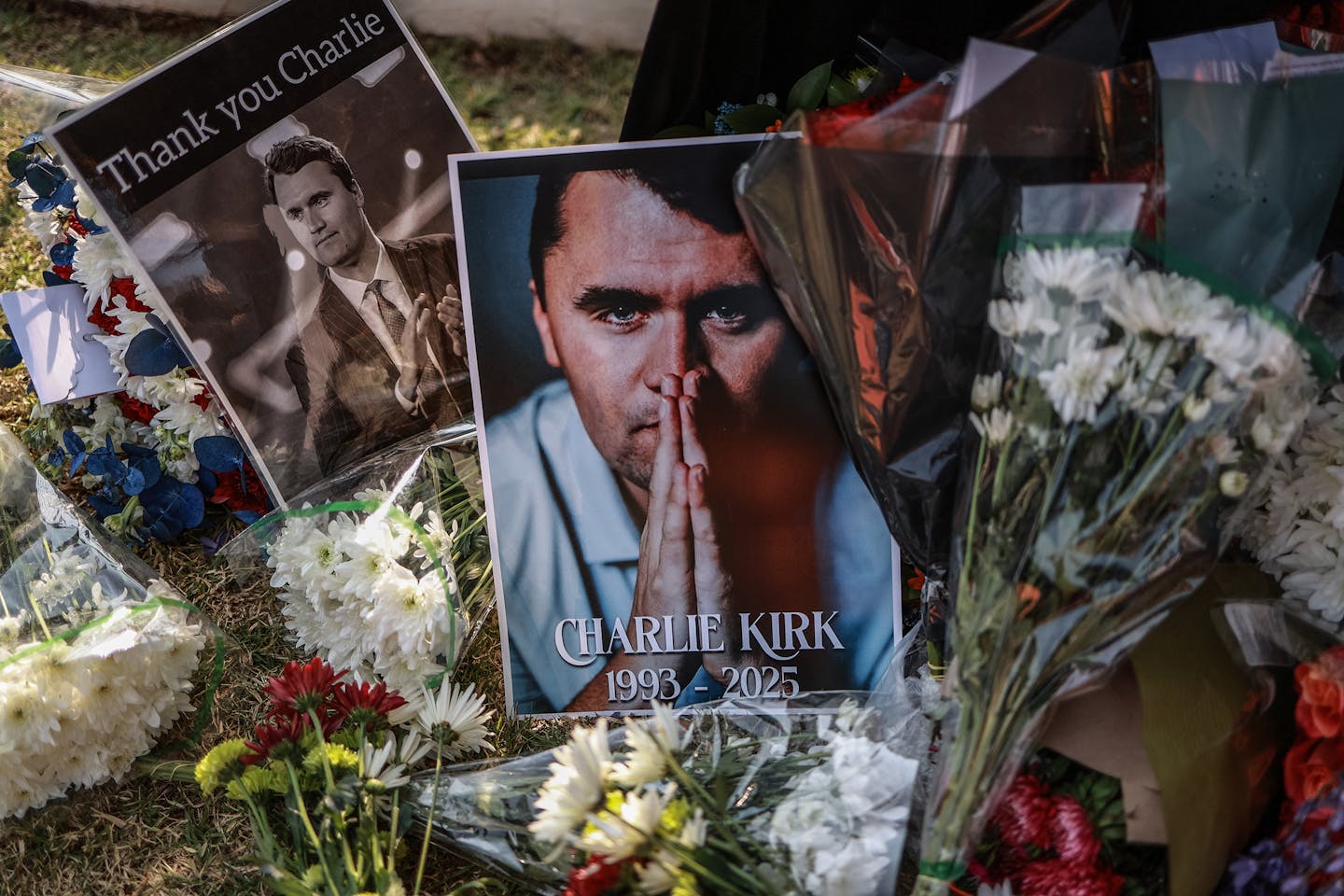Charlie Kirk’s death should prompt Americans across party lines to reflect on their shared humanity. In a nation fraught with political strains, this commentary underscores that lethal outcomes should never become the climax of our political disagreements.
Opinion | Mourning Charlie Kirk’s death isn’t partisan

Key Takeaways:
- Charlie Kirk’s death is a unifying moment that transcends partisan lines.
- The authors warn of increasing political hostilities turning lethal.
- They call for civil discourse and unity as antidotes to violence.
- Shared humanity must anchor our responses to disagreement.
- Published on a pivotal date, this piece underscores the urgency of action.
A Call for Shared Mourning
Charlie Kirk’s passing underscores that grief should not be determined by who sits on the left or right side of the political spectrum. His death, as noted by writers Michael Brodkorb and Erich Mische, has sparked a poignant reflection on the consequences of deepening political fault lines in America.
Stark Warning on Political Violence
“This isn’t about politics. It’s about whether we can survive as a country if killing each other becomes the endpoint of our disagreements,” the authors emphasize. With political tensions appearing to rise in every corner of national discourse, they pose a crucial question: Is lethal violence becoming an unwelcome but looming possibility when our disagreements spin out of control?
Why Our Common Humanity Matters
Amid a climate often painted in red and blue, this commentary reminds readers that mourning any individual’s death transcends partisanship. It challenges us to regard each other’s lives as worth protecting at all costs—no party platform holds more value than a human life.
A Moment to Choose Our Future
Ultimately, the authors insist that how we respond to the loss of Charlie Kirk matters. The act of mourning together can serve as a powerful symbol of unity. Embracing civil debate and rejecting violence might well determine the future health and survival of our democracy.











